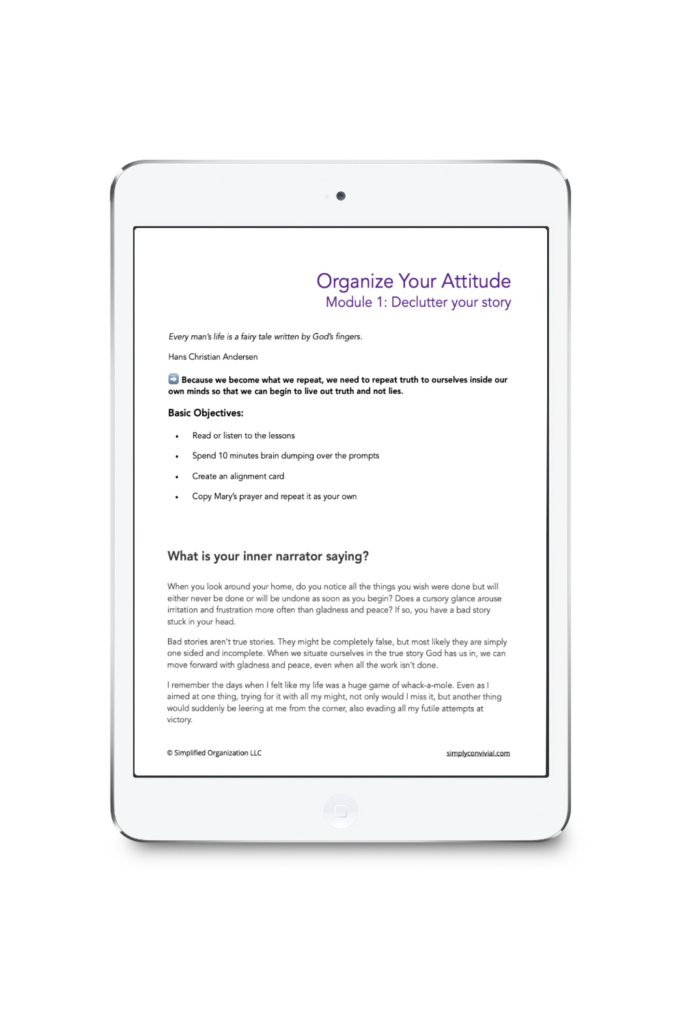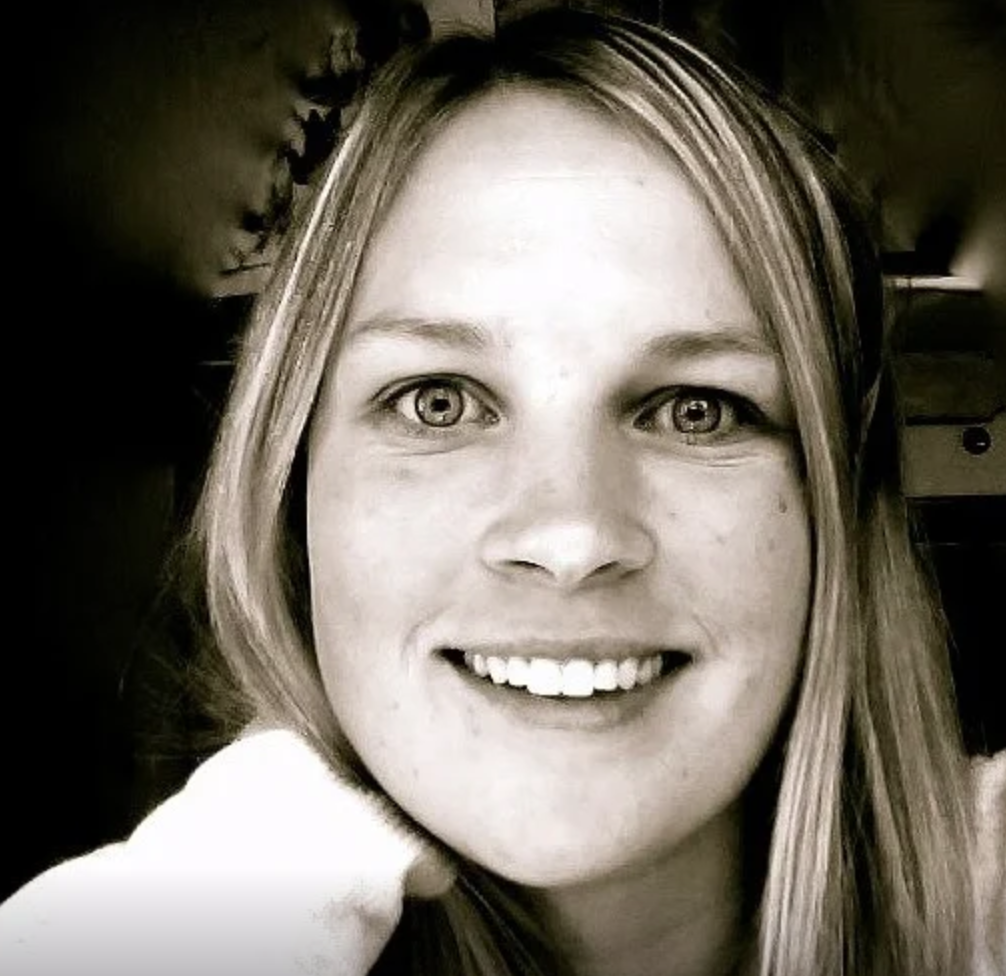
Self-Care Mistakes, and how service solves them
by Abby Wahl
Abby Wahl is a Christian, a wife to a farmer/rancher and when not herding sheep, she is herding her 5 children (ages 13-8) and faithfully trying to educate them. She enjoys coffee black, mornings early & quiet, and cooking (not baking), and books – lots of books.
The idea of self-care seems to be everywhere in our current culture, proclaiming that unless we are intentional about taking time for ourselves, it won’t happen. We are lead to believe that withholding self-care will have disastrous consequences. These consequences will supposedly affect not only our physical and mental well-being, but also our identity itself, causing strain or damage to our relationships.
I have often heard the oxygen mask metaphor used as an example: first put your oxygen mask, then help others. I believe there is little truth or little profit in such a mindset. In fact, it is harmful to pursue self-care as means to cope with life. I believe there is an alternative, a better way, a truth and life we are called to by God.
Self-care wasn’t always mainstream and popular.
It was a prescribed treatment for patients and their families when members need surgery and physical therapy, endured a trauma, or needed long-term care. It is promoted and necessary in addiction treatment for helping families heal and manage stress. It is a way to get perspective when all of your time, energy, and life is so tightly wound around another human being. When family members or friends are attempting control, it often looks like care and support. However, instead of helping, it morphs into enabling, unhealthy levels of co-dependence, and often obsession. A caregiver’s time, energy, and well-being is consumed to the point that they neglect their own basic needs.
Self-care was also recommended to first-responders: EMTs, fire-fighters, police officers, and social workers. When the stakes are high, these professionals need to make the best possible decisions. Responding to situations full of adrenaline and stress, they often make decisions that affect life and death. Living this way all the time isn’t possible; without conscious effort, their health and relationships will suffer.
Self-care was supposed to be protocol for extreme circumstances, not for normal, everyday life.
The struggle is real. Being a mom and a homemaker is tough. It is exhausting. It is hard. It is difficult raising kids, being married, and keeping a home. It is also true that we value little the things that are easy. However, instead of a buzz word to help us get through life, we need to focus our thoughts on Truth.
The Bible doesn’t talk about self-care, as far as I have read. Over and over, there are stories of a merciful God caring for us. We are not called by God to practice self-care. We are, however, called by God to serve one another. The Proverbs 31 woman doesn’t talk about what she is doing for herself, but always in the service of others. She is laughing, creating, caring, supporting her family, and setting the example of stewardship.
Stewardship isn’t a Christian re-packaging of self-care, somehow made “holy”; it has a different end entirely. Self-care is the world’s attempt at curing our real insufficiency. Self-care is a way and means of coping with difficult situations and taking care of your needs, for yourself.
If somehow we can sleep enough, meditate, be mindful, take a walk, take a weekend yoga retreat, fill in the blank, life would be sunshine and rainbows and we would be able to do everything. Stewardship is about honoring God, taking care of the things our sovereign Lord has placed in our lives, caring about what He cares about, and bringing Him glory.
Self-care is like pain medicine that gives momentary relief. Stewardship is seeing the frustrations, sufferings, and pain as sanctifying work. When we recognize our insufficiencies and weaknesses, the Holy Spirit can help us exert self-control.
As Paul writes:
But he said to me, “My grace is sufficient for you, for my power is made perfect in weakness.” Therefore I will boast all the more gladly of my weaknesses, so that the power of Christ may rest upon me. For the sake of Christ, then, I am content with weaknesses, insults, hardships, persecutions, and calamities. For when I am weak, then I am strong. – 2 Corinthians:9-10 ESV
Stewardship is loving God with our mind, body, and soul and loving our neighbor as ourselves. It is following in the Titus 2 pattern:
Older women likewise are to be reverent in behavior, not slanderers or slaves to much wine. They are to teach what is good, and so train the young women to love their husbands and children, to be self-controlled, pure, working at home, kind, and submissive to their own husbands, that the word of God may not be reviled.
We don’t need to find ways to get our needs met. God does this everyday. He will give us wisdom if we ask. When we humble ourselves, He lifts us up in due time. He gives us the rest we need. His peace surpasses all understanding. He is faithful even when we are not. His mercies are new every morning. And every morning we must take every thought captive to obey Christ. C.S. Lewis in Mere Christianity shares this thought:
It comes the very moment you wake up each morning. All your wishes and hopes for the day rush at you like wild animals. And the first job each morning consists simply in shoving them all back; in listening to that other voice, taking that other point of view, letting that other larger, stronger, quieter life come flowing in. And so on, all day. Standing back from all your natural fussings and frettings; coming in out of the wind.
When we seek rest or refreshment on our own terms and from this world, we will never be satisfied. Only when we come to Jesus, weary and heavy-hearted, will we find rest. When we seek the kingdom of God and stop focusing on our own suffering and frustrations, when we forget about ourselves, we will become more Christlike.
We bring God glory when we steward the life we have been given.
It is to my Father’s glory when I see another sink full of dishes and wash them. When I fold another mountain of laundry. When I step on another lego brick, and have a gentle answer instead of a harsh word as I throw it in the garbage. When I rejoice in the convenience of the microwave and warm a cup of coffee for the 10th time. When I cheerfully repeat instructions with a smile on my face. When I discover new sharpie artwork on the wall and teach my children how to clean and repair ruins without a critical spirit. When I am impervious to whining and crying and I find the need behind the behavior (food, nap, bathroom or sickness). When we are missing the left shoe from three pairs of shoes and I start a project to improve the system. When I discover that they’ve been peeing out the window from the second story and don’t freak out, much. When I ensure I’m not too tired to spend “quality time” with my husband by taking a nap earlier in the day. When I refrain from complaining to my husband about how hard it is being at home with his challenging children.
All of this can be for God’s glory. Ask God for the grace for today, not worrying about what tomorrow may bring, knowing we don’t have to be supermoms or overwhelmed moms who just need time for self-care.
We have the power of the Holy Spirit and God’s sufficient grace.
It is enough.
Grace and peace be with you.
Up next: The Self-Care You Need Is Spiritual

FREE ACCESS TO
“Declutter Your Story”
Module 1 of Organize Your Attitude
The Organize Your Attitude course inside Convivial Circle will teach you how to change your thoughts and choose your feelings so you can create a positive, loving atmosphere in your home.




